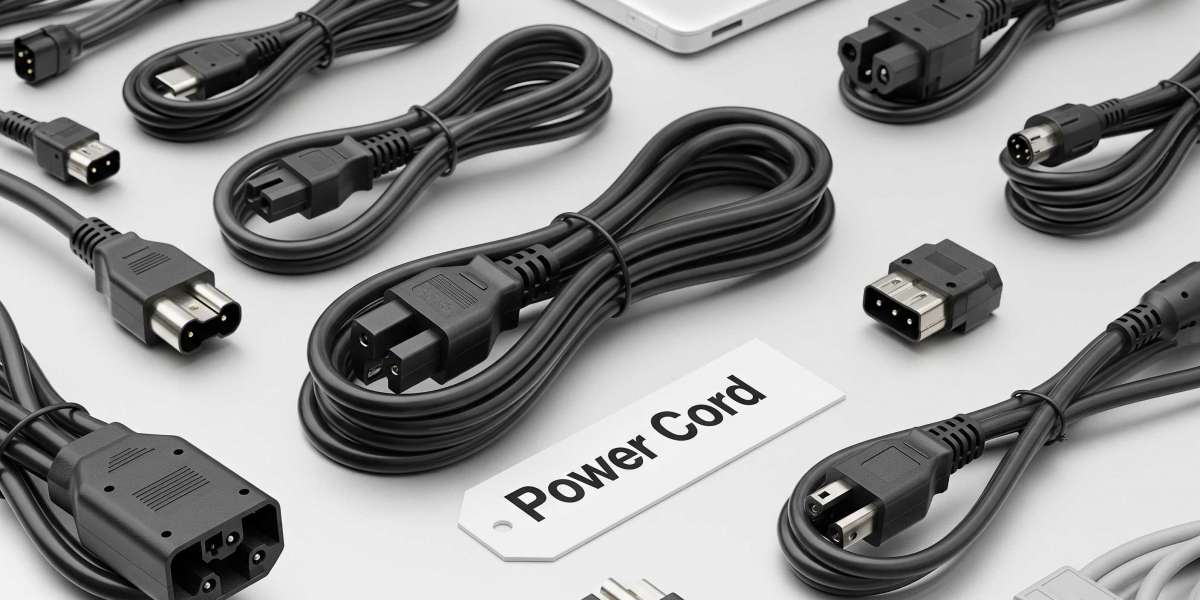When people build or upgrade a PC, they often get excited about the graphics card, processor, or fancy case. But one part that quietly powers everything is the PSU—the power supply unit. Without it, your system won’t even start. Choosing the right PSU protects your computer and helps it run smoothly.
But here’s the question: What are the four requirements you should consider when selecting a power supply? Many beginners think wattage is all that matters, but there’s more to it. Let’s break it down step by step in simple words.
Why the power supply matters
The PSU is like the heart of the PC. It takes electricity from your wall outlet and distributes it in the right amounts to all your computer’s parts. If the PSU is too weak, your PC may crash, freeze, or refuse to turn on. If it’s poor quality, it may overheat or even damage your expensive hardware.
A good PSU, however, runs quietly, efficiently, and lasts for years. That’s why careful selection is so important.
Exact Answer: The four requirements
The four most important requirements when selecting a power supply are:
Wattage capacity – enough power for all your components.
Connector compatibility – the right plugs for your motherboard, GPU, and drives.
Efficiency rating – how well the PSU converts electricity without waste.
Form factor and fit – ensuring the PSU size matches your PC case.
If you focus on these four points, you’ll choose a PSU that keeps your system safe, reliable, and ready for future use.
1. Wattage capacity
The wattage tells you how much power your PSU can deliver. Your computer will only use what it needs, but if the PSU doesn’t have enough, problems begin. For example, a basic PC might run fine on 350–400 watts, while a gaming PC with a powerful GPU might need 650–850 watts or more.
Always calculate your system’s needs and add some headroom—usually 20–30% more than the total power use. This keeps the PSU from running at maximum limit all the time, making it last longer.
2. Connector compatibility
Having enough power is only useful if the PSU can plug into all your parts correctly. That’s where connector types come in.
A 24-pin connector powers the motherboard.
A 4-pin or 8-pin connector powers the CPU.
6-pin or 8-pin PCIe connectors power graphics cards.
SATA connectors power SSDs and HDDs.
Before buying, always check what connectors your components need. Missing the right ones means the PSU won’t even work with your PC.
3. Efficiency rating
Efficiency tells you how much power the PSU turns into usable energy for your PC. A PSU with poor efficiency wastes electricity as heat, which raises your energy bill and makes your PC hotter.
That’s why most people choose a unit with an 80 Plus rating—Bronze, Silver, Gold, or even Platinum. The higher the rating, the less power is wasted. While efficiency doesn’t change how much wattage your PC uses, it does save money and improve reliability over time.
4. Form factor and fit
Not all PSUs are the same physical size. The most common is ATX, which fits in standard PC cases. But smaller cases may require SFX or TFX power supplies. Always check the PSU dimensions against your case before buying.
This is especially important if you’re dealing with compact builds where space is tight. A good fit ensures airflow and easy installation without cable clutter.
The role of c13 power cords
No matter which PSU you choose, it connects to your wall socket with a c13 power cord. This is the standard three-hole cable used in desktops, monitors, and similar electronics. If your old cord is damaged, it’s easy to replace with another c13 cord. It’s also important to check that the cord is thick and durable enough for safe long-term use.
When to use a right angle power cord adapter
Sometimes, your PC sits close to a wall and the straight c13 cord sticks out awkwardly. This can bend the cable and put stress on the PSU’s socket. A right angle power cord adapter solves this by bending the cable at 90 degrees. It saves space and makes setups cleaner, especially in tight desk environments or with wall-mounted PCs.
Other things worth considering
While the four core requirements are the most important, here are some extra things that make a PSU better:
Build quality – Trusted brands usually last longer.
Noise levels – Better fans mean quieter operation.
Modular cables – You only use the cables you need, reducing clutter inside the case.
Protective features – Good PSUs have safeguards like surge and short circuit protection.
Signs your PSU needs replacement
Sometimes it’s not about buying a new PSU but replacing a failing one. Warning signs include:
Strange clicking sounds or burning smells.
Random shutdowns or restarts during heavy use.
PC not turning on even if everything else looks fine.
Visual damage like swollen capacitors or damaged wiring.
If you notice these, don’t wait—replace the PSU quickly to avoid damaging other hardware.
Mistakes to avoid when buying a PSU
Choosing a PSU only based on price and ignoring quality.
Buying too low wattage for a gaming system.
Forgetting about connectors and finding out too late they don’t match.
Ignoring cord quality—always use strong c13 power cords with good insulation.
Even if you get the best components, a poor PSU choice will make everything suffer.
Final thoughts
So, what are the four requirements to be considered when selecting a power supply? The simple answer is: wattage capacity, connector compatibility, efficiency rating, and form factor/fit. These four details ensure your PSU can power your system safely and smoothly.
Along with that, don’t forget practical points like using durable c13 power cords and, if space is tight, a right angle power cord adapter to keep things neat. A power supply may not be the most exciting PC part, but it’s one of the most critical for stability, safety, and reliable performance over time.
Sources: https://www.seehowcan.com/top-5-mistakes-to-avoid-when-choosing-a-computer-power-cord/
https://www.florevit.com/read-blog/44425
https://www.promoteproject.com/article/198195/can-you-have-too-much-wattage-power-supply-on-a-pc








